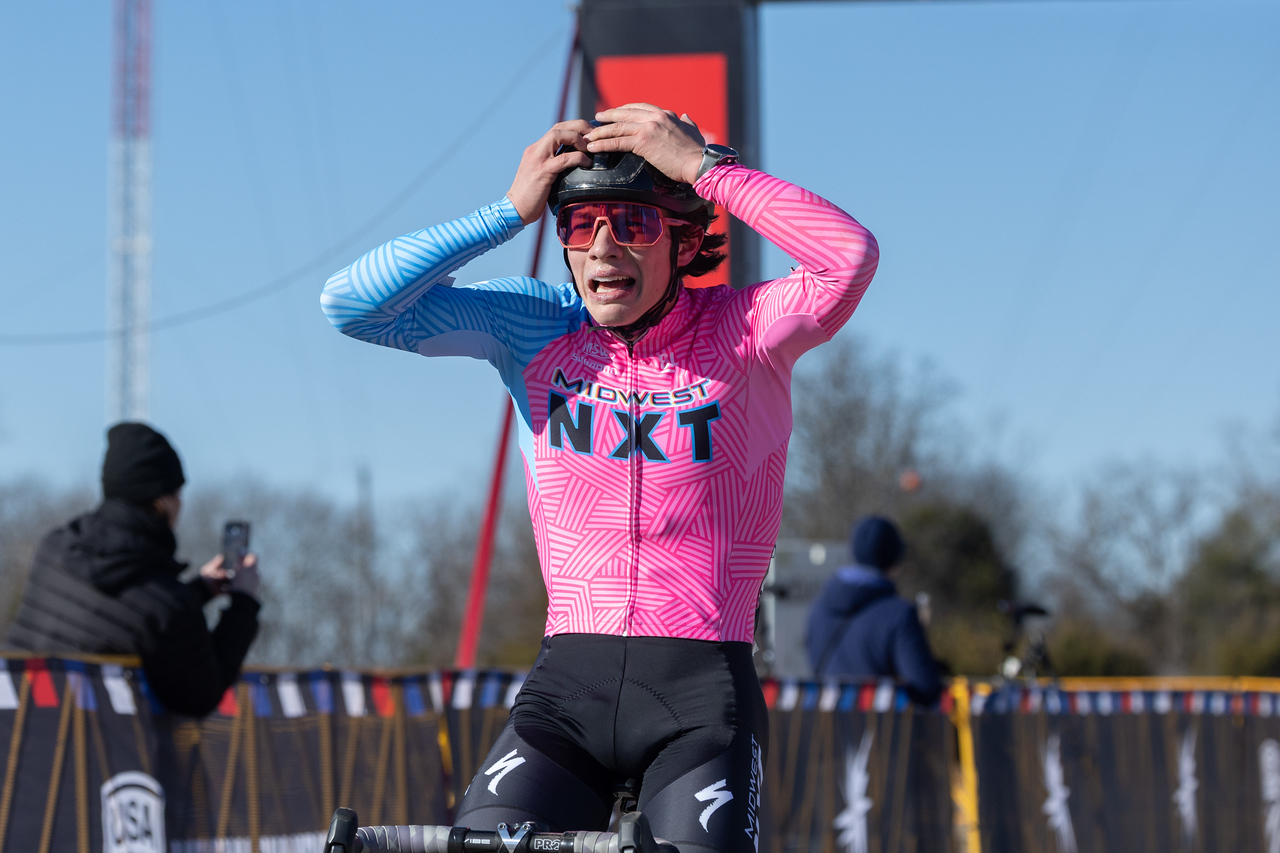UCI Creates "Slow Tour" for 2007
Coming on the heels of the long-awaited debut of the UCI's Pro Tour changes to road cycling, the...
Coming on the heels of the long-awaited debut of the UCI's Pro Tour changes to road cycling, the international cycling body will launch its counterpart Slow Tour in 2007, aimed at promoting a clean sport and raising awareness of the dangers of performance enhancing drugs in the peloton. The Slow Tour will place a smaller emphasis on points accumulation and prize money at major races, choosing instead to reward riders who demonstrate good sportsmanship, a healthy lifestyle, and value honest competition over cut-throat competition in search of victory.
"Fans have always delighted in the 'Lanterne Rouge' in the Tour de France, paying tribute in a fun and supportive way to the rider finishing in last place," explained UCI spokesman Philippe Darenier. "There will always be a fight for the top, and the Pro Tour will reward the best riders and teams in the sport. But we want a way to recognize those that are riding on virtue alone, no matter where they finish in the general classification. For those riders, the Slow Tour gives new encouragement in the sport."
The UCI's effort presents a new approach to stemming the tide of banned substance use in the peloton, argued by many to be a product of an over-emphasis on sponsorship dollars and expactations from teams desparate for exposure.
Riders who fail to accumulate any Pro Tour points during the season will be grouped together in a run-off style competition, with the year-end Slow Tour title and jersey being awarded to whoever cracks into the standings most effectively in the late season. The Slow Tour jersey would reward overall improvement rather than more objective rankings. The run-off period will most likely fall between the Vuelta a España and the World Championships, although no specific dates have been established.
While most riders will still prefer to chase Pro Tour points rather than the dubious honor of Slow Tour designation, the trade-off could come in the form of better nights' rest thanks to fewer police searches in hotels, not to mention more time for text messaging and interviews after races instead of doping controls.
The latest race content, interviews, features, reviews and expert buying guides, direct to your inbox!
